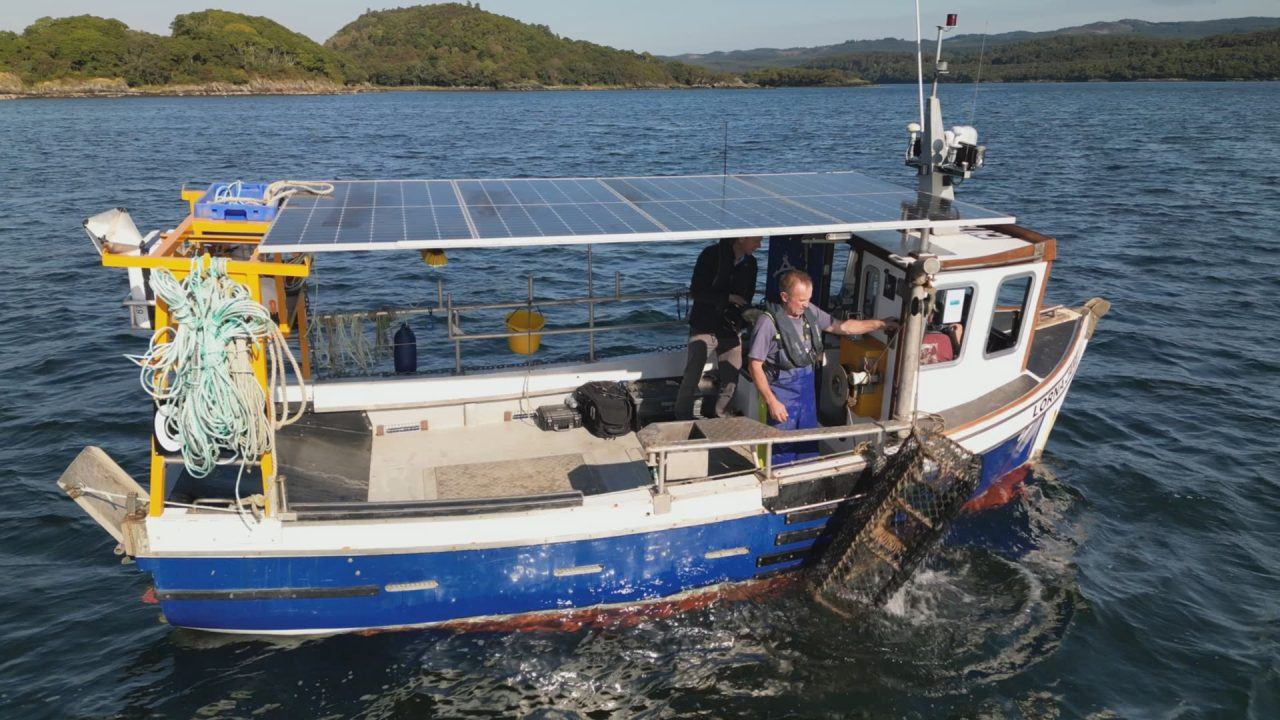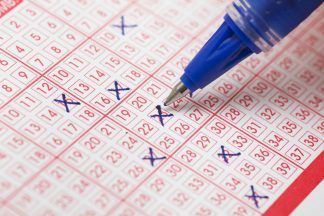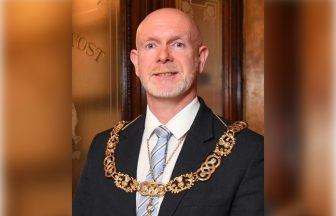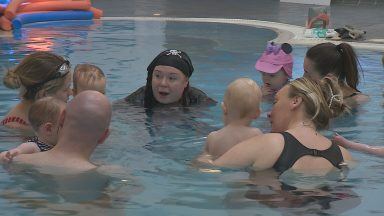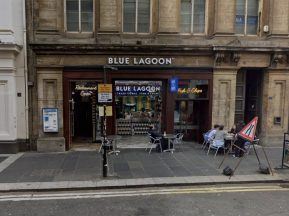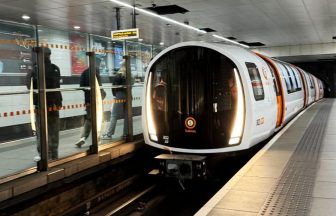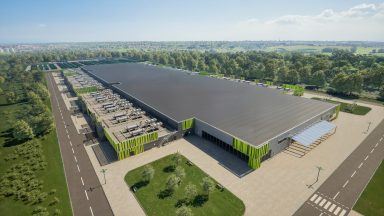Sitting in the water, there is little to tell the Lorna Jane apart from other fishing boats.
But this vessel is believed to be one of a kind.
Below deck, where the engine once was, there is a battery equivalent in size to a small electric car. Above, there is a double-sided solar panel, catching the sun’s rays and reflections from the sea.
Unlike its diesel counterparts, this fishing boat runs entirely on electric. Its owner Hans Unkles has been a boatbuilder and fisherman for around 40 years.
He spent two-and-a-half years converting the boat in a shed near the village of Tayvallich.
“If there is another one I would love to speak to them because I’ve got so many stories I want to compare,” Hans told STV News.
“It’s definitely the only one in the UK, and I’ve done a whole lot of social media, which reaches around the world, and I’ve not heard of another all-electric fishing boat.”
Hans had originally bought the boat to wind down to retirement.
But concern for the environment and a lack of action in the industry to reach net zero targets inspired him to take on the project.
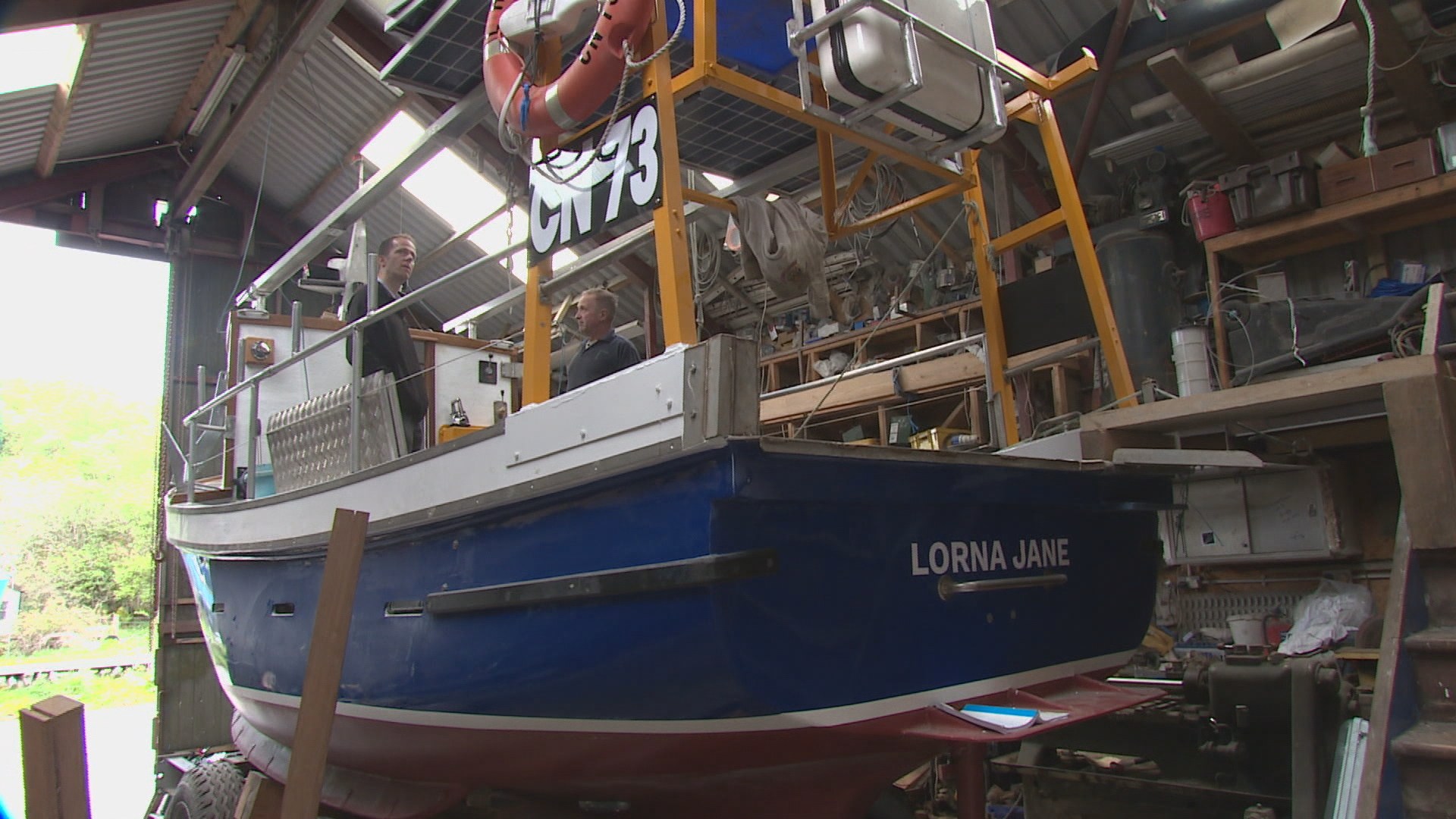 STV News
STV News“We’re not going to make any kind of transition without taking some sort of hit on our behaviour,” he said.
“Our whole generation has had all the good times, we don’t want to give anything back. When the battery tech became good enough, I really didn’t have a reason not to do it. Apart from the cost.”
The total bill for the project came to more than £130,000. However, building a new regular vessel would cost only slightly less – and the running costs on this are significantly lower.
“I’ve worked the boat since March, it’s now September,” said Hans. “We would have probably spent £1,500 on diesel, whereas we have spent a total of £335 on electric.
“That’s the total fuel bill for this summer.”
However, the biggest savings are on running costs.
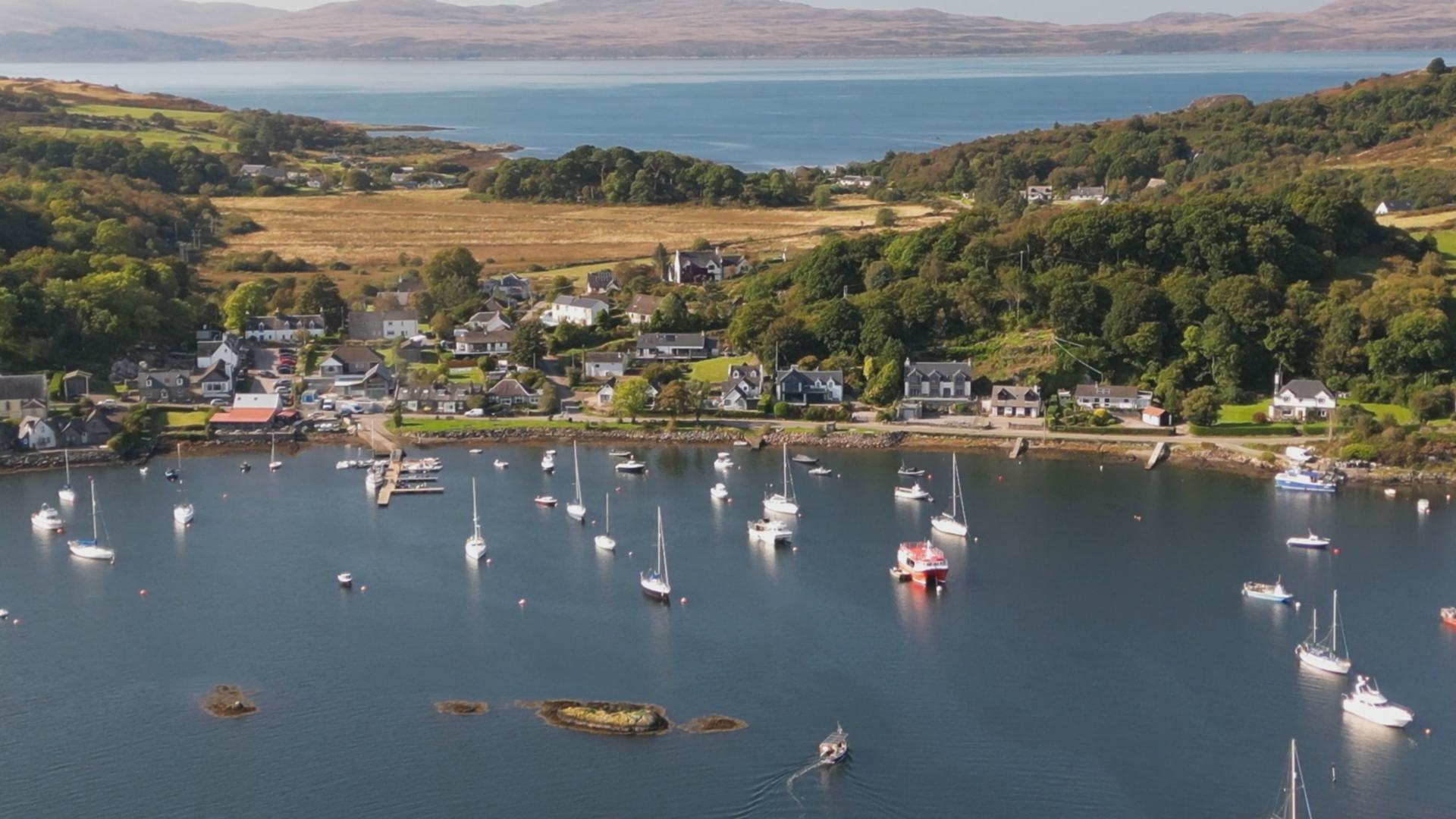 STV News
STV News“There is no oil, oil filters, no fuel filters. The maintenance is a fraction,” said Hans.
Since March, half the power used has come from solar. The rest is from plugging in at the pontoon.
The battery has a range of up to 60 miles, which is ideal for fishing for lobsters as Hans is covering 30 to 40 miles each trip.
“This won’t suit everybody but there is a significant number of boats that it would suit,” he said.
“And the beauty of it as well is that you are then producing a product at the end of the day that has got almost no environmental impact whatsoever.”
Paperwork proved one of the biggest obstacles.
“There was nothing technically difficult in making this boat all electric,” explained Hans.
“Trying to meet the funding deadline was the bit that nearly finished me, and it’s such a shame because it felt like such a worthy project that had no real right to be driven by administrative complications.
“Because there isn’t another electric fishing boat, there is no coding to deem the boat safe to go to sea.
“We had to discuss every piece of equipment on the boat with the Maritime and Coastguard Agency to make sure we were both happy.”
The project may have cleared a path for others to follow. But until the infrastructure is in place, Hans is likely to continue to cut a solitary figure in the fishing industry.
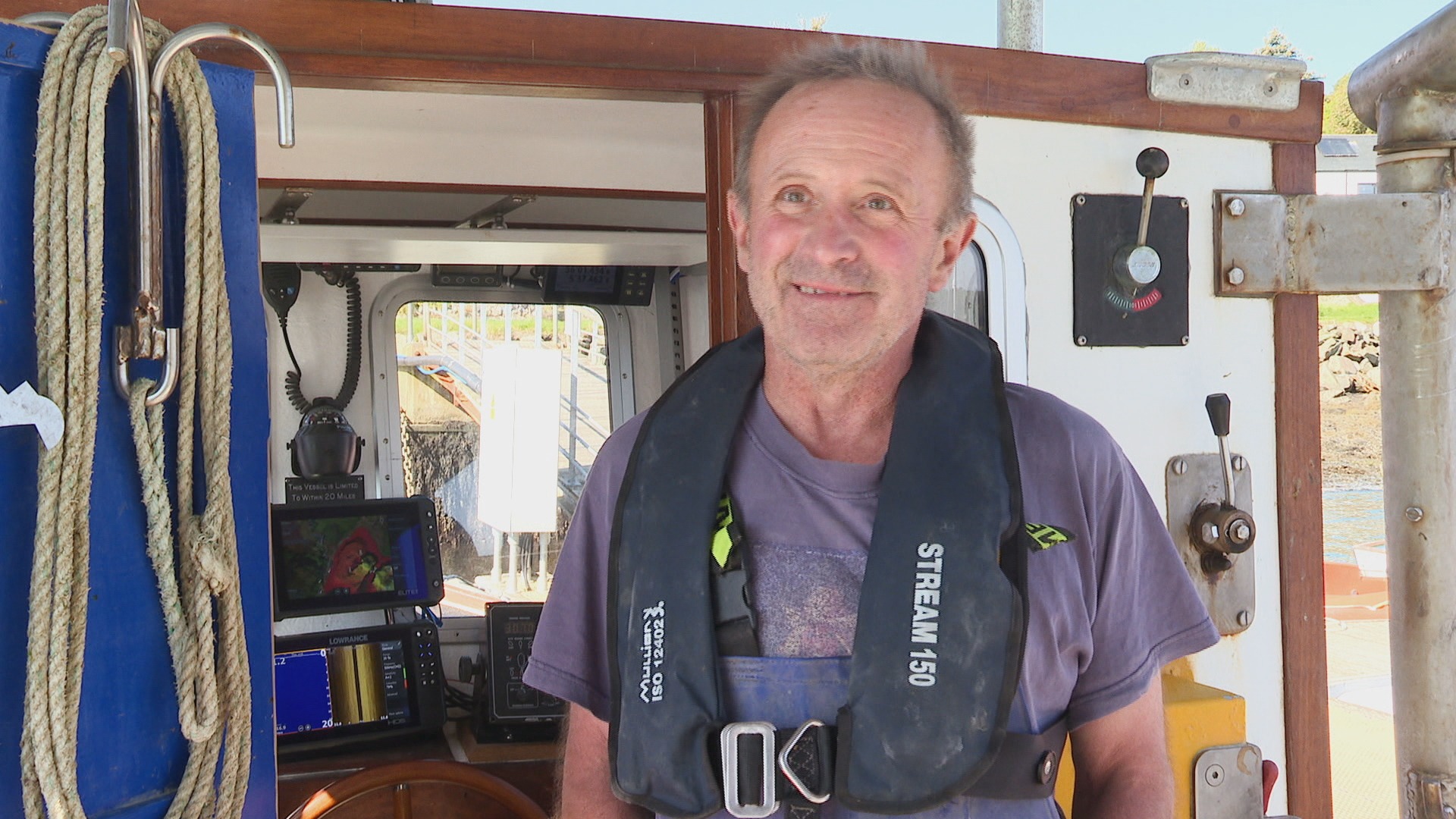 STV News
STV News“I’m effectively standing on a tightrope, and I’ve got no safety net and I’ve got no way back,” he said. “I’ve made this boat, I’ve been funded to do that, and then I’ve just been left.
“That’s probably a big reason why there is no uptake because it’s all very well having a boat but if it starts letting you down, your business isn’t viable.
“After support is absolutely critical.”
Follow STV News on WhatsApp
Scan the QR code on your mobile device for all the latest news from around the country


